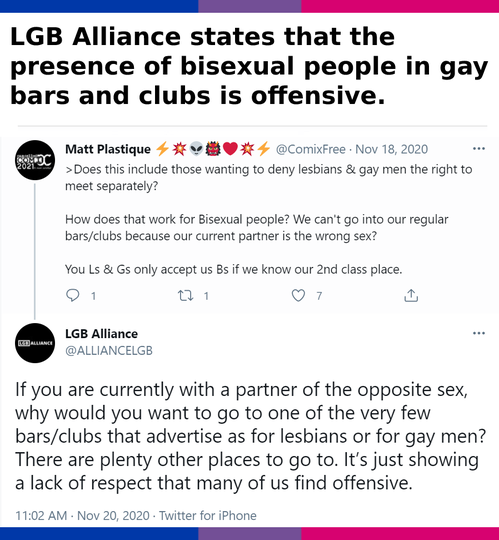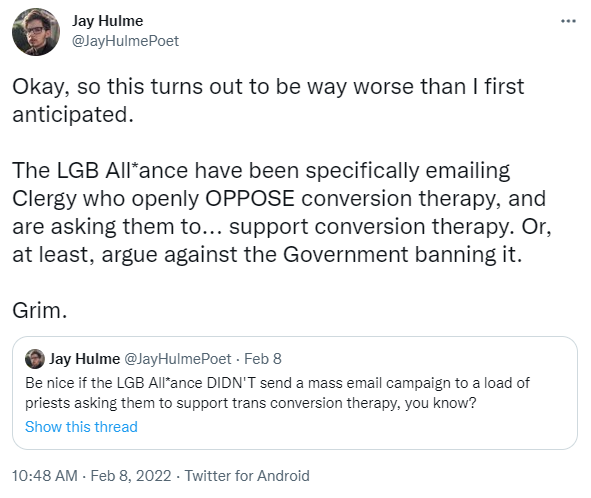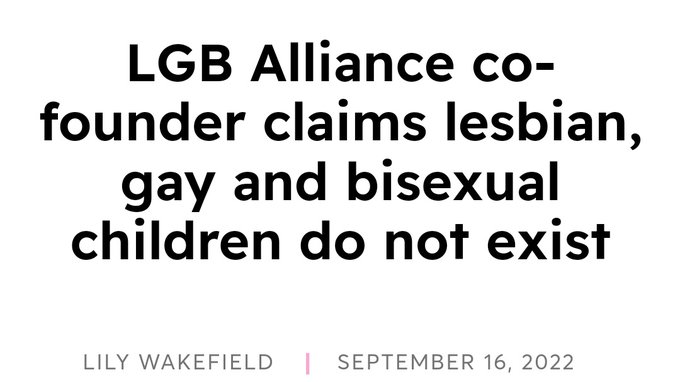In studies conducted in the United States and other countries, bisexual adults were found to report higher levels of emotional distress and poorer physical and mental health outcomes than their gay, lesbian, and heterosexual peers (e.g. Cochran & Mays, 2007; Koh & Ross, 2006; Jorm et al., 2002). Adult bisexuals manifest higher rates of eating disorder, anxiety, depression and negative affect, suicide attempts and ideation, as well as unique social disadvantages including ?biphobia,? decreased social well-being and lack of community support (e.g. Cochran & Mays, 2000; Dodge & Sandfort 2007; Kertzner, Meyer, Frost, & Stirratt, 2009; Jorm, Korten, Rodgers, Jacomb & Christensen, 2002). Interestingly, studies also demonstrate substantial variability of distress levels within populations of bisexual adults (Ochs, 1996; Koh & Ross, 2006). To date, however, very little research has examined variability in bisexuals? psychological health outcomes and there is little information to explain the confirmed variation in psychological outcomes among bisexual women (Koh & Ross, 2006; Worthington & Reynolds, 2009). Understanding why certain bisexual adults have relatively positive psychological outcomes whereas others have particularly negative outcomes could help clinicians and researchers better understand risk factors, protective factors, and optimal treatment interventions for this population.



 Reply With Quote
Reply With Quote













